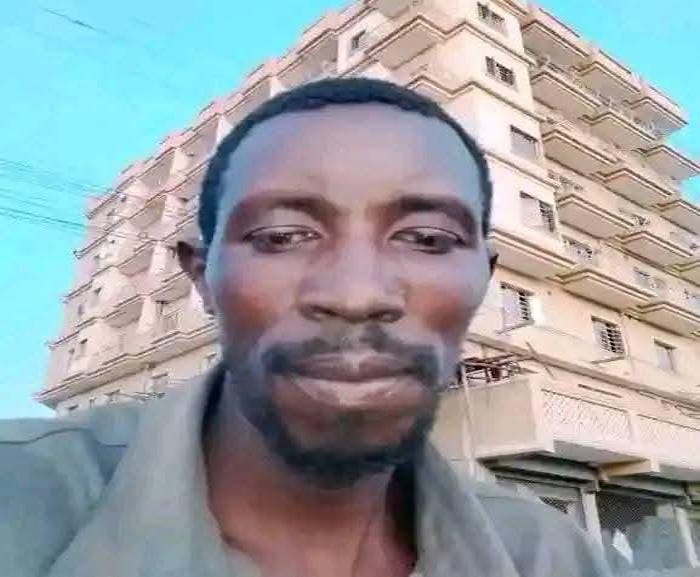
“Dragged Like an Animal”: Family mourns Juja mechanic killed in Saba Saba chaos
When Esther Mumbi received a call from her fiancé Harrison Wachira on the afternoon of July 7th, she had no idea it would be the last time she would ever hear his voice.
“He kept asking if we were okay where we were,” Mumbi recalls, her voice trembling as she sits on the edge of a tattered sofa in their one-room rental in Juja’s Highpoint estate.
“He told me the teargas was too much, that he was packing up to go home. Then he said, ‘Ngoja kidogo, siwezi ona vizuri juu ya moshi…’ That was the last thing I ever heard from him.”
Hours later, a disturbing video circulated online — a lifeless body being dragged by police officers along the tarmac, not far from Juja Police Station. Unbeknownst to many, that body belonged to the man Mumbi loved and had planned to build a future with.
Harrison Wachira, 37, wasn’t at the protests. According to his family, he was working — fixing motorbikes at his usual spot just outside Juja Town when the chaos of the Saba Saba protests spilled into his life. Somewhere between avoiding teargas and closing shop, he was shot.
And then, in an act that his family describes as “inhumane and degrading,” his body was pulled across the road like a sack of waste.
“I can’t unsee that video,” says Aisha Wangui, Wachira’s eldest sister. “At first, I didn’t even know it was my brother. I just felt pain for the person in the video — never imagining that the same pain would come knocking at our door.”
Wangui had raised Wachira and their three siblings since 1985 after their mother’s death. Their father passed away years later, leaving the burden of parenthood solely on her shoulders.
“This really hurts. As a family, we are deeply hurt,” she says, wiping away tears. “He didn’t deserve to die like that. No one does.”
A closer examination of Wachira’s body revealed a bullet wound to the left side of his neck, contradicting the police’s initial claim that he had died in a stampede. The family insists he was deliberately targeted and is now demanding justice, not just for his death but for the indignity he suffered in his final moments.
Wachira’s uncle, Kanyi Kinyua, shakes his head in disbelief. “Even in death, he was not given respect. He was not a criminal. He was not involved in the looting that is being talked about. He was at his place of work — a hardworking young man. That is where he was shot dead. But that image — of him being dragged on the road — will haunt us forever. He was a human being, not an animal.”
In the dimly lit room filled with silence and sorrow, Mumbi clutches a framed photo of Wachira. “We were planning to go see my parents next month,” she says. “He had big dreams. He wanted to start a proper garage. He wanted us to get married.”
But now, all that remains are unanswered questions, a grieving fiancée, and a family shattered by loss.
Wachira’s body lies at the General Kago Funeral Home in Thika. A post-mortem is scheduled to help piece together what truly happened — though, for his family, no examination can mend the hole left in their hearts.
